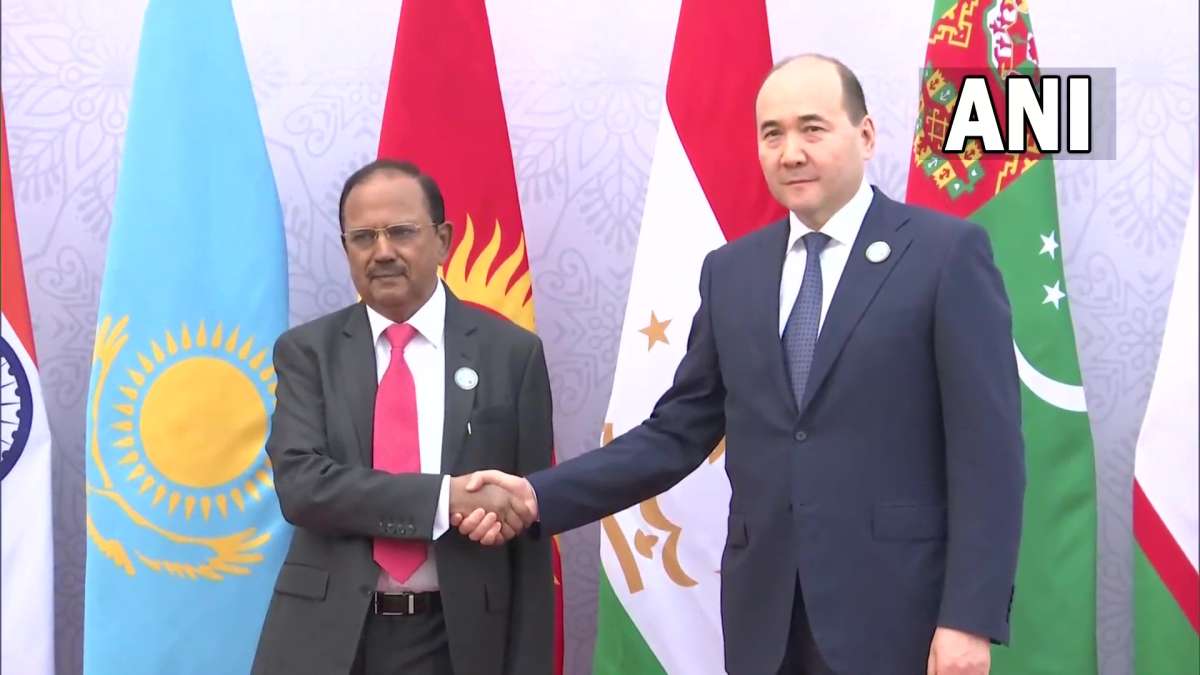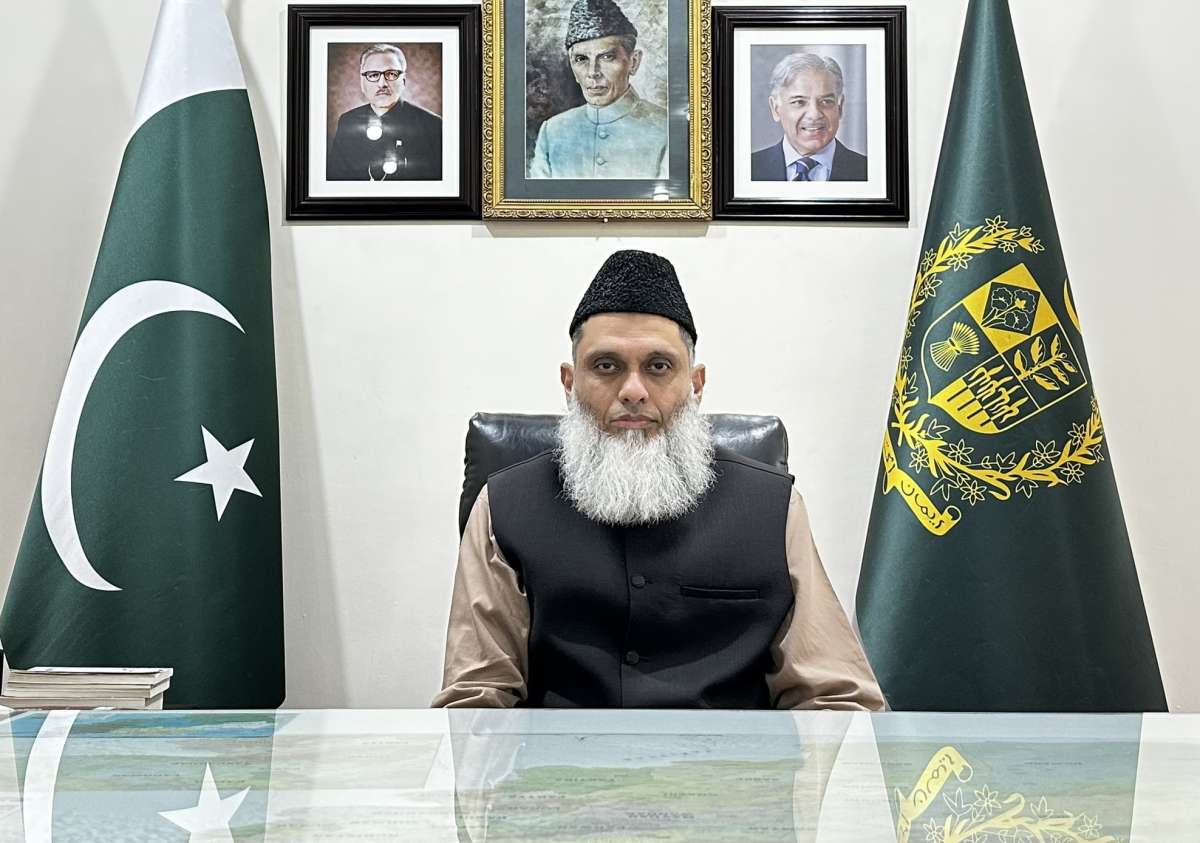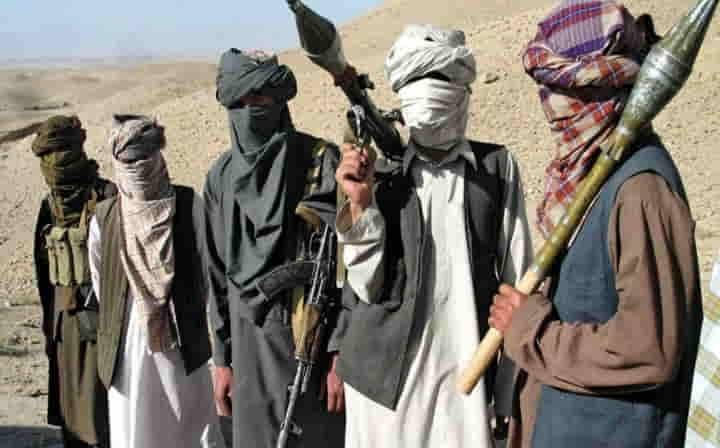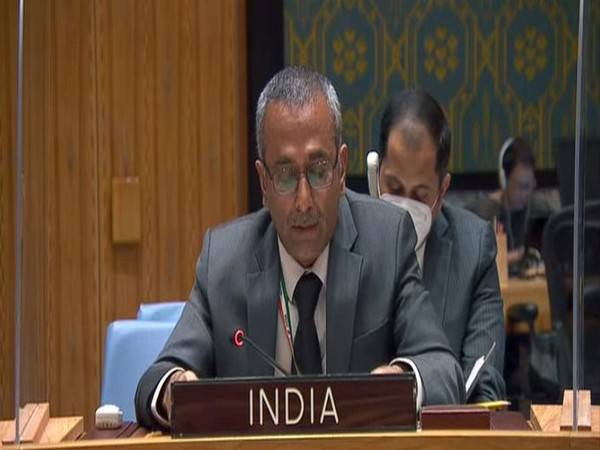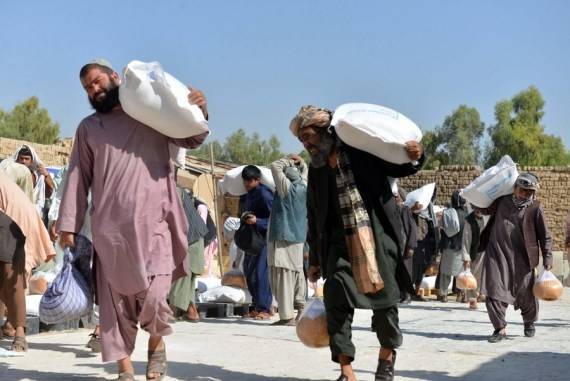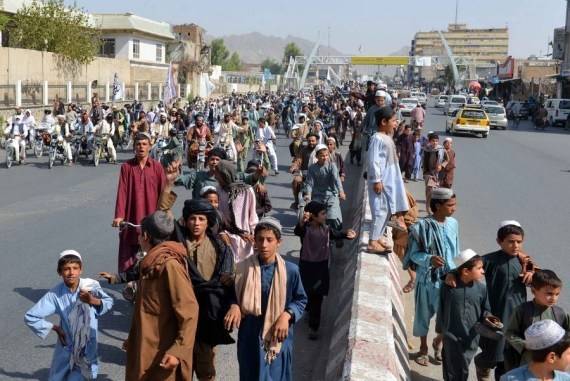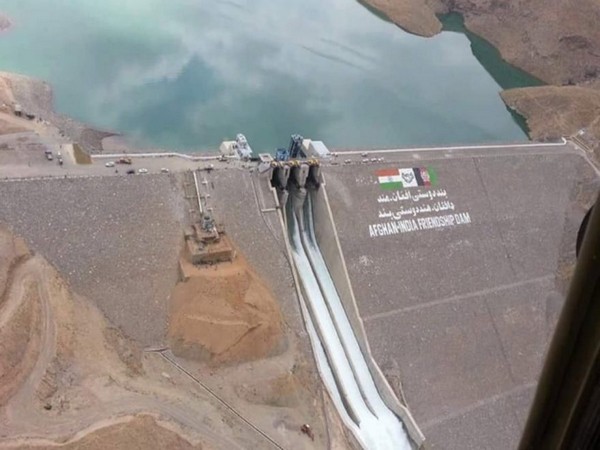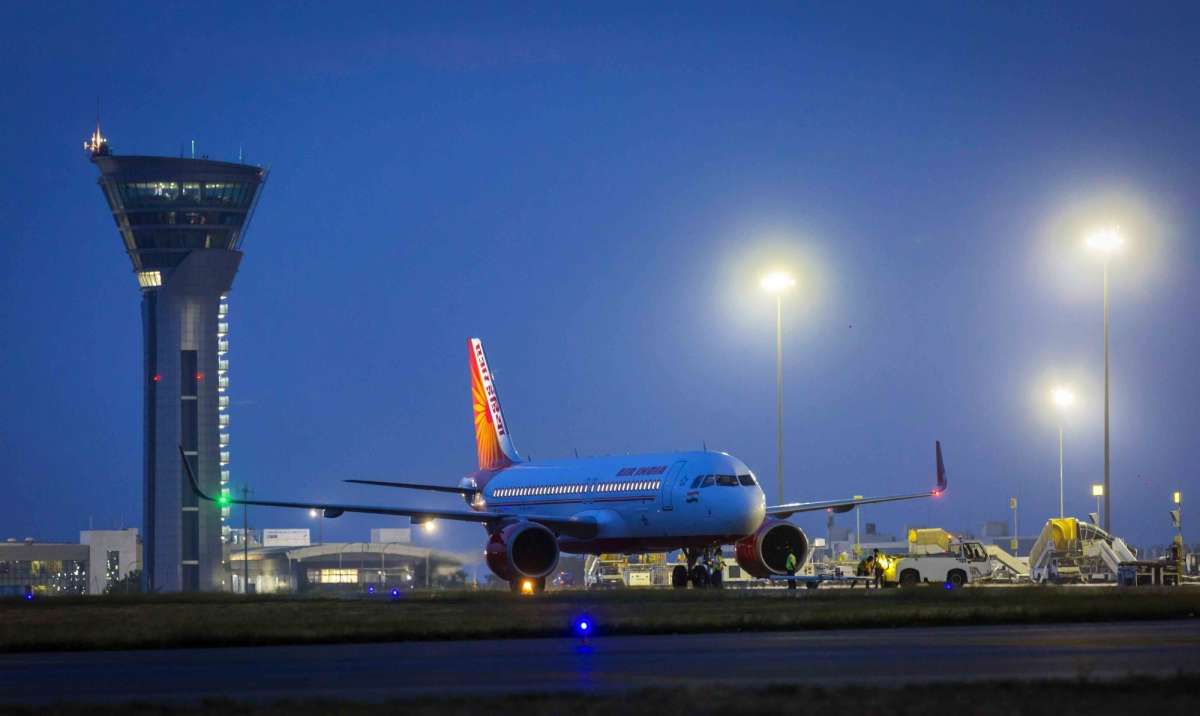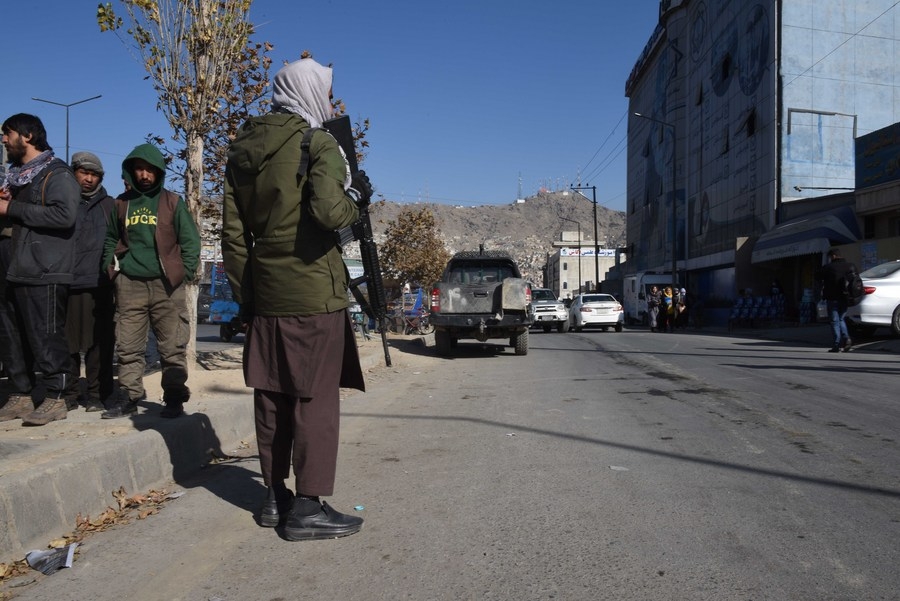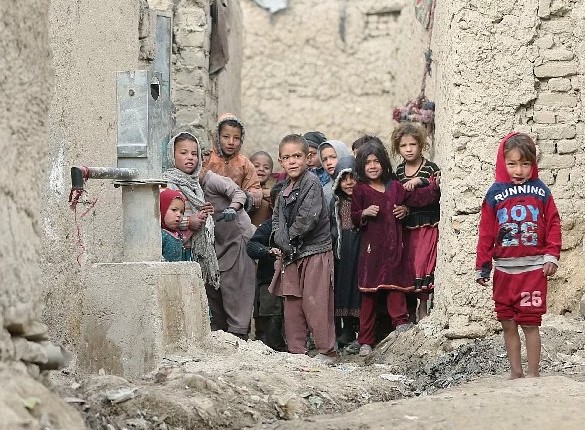All bilateral efforts to maintain peace and tranquillity in the Afghanistan-Pakistan border areas have failed and there are greater chances of more violent clashes between the armed soldiers of Taliban and Pakistan’s security forces … writes Dr Sakariya Kareem
Tensions are flaring up on the Afghanistan-Pakistan border in the Chaman district of Balochistan province. Several civilians and security personnel on both sides have been killed and injured in the recent armed clashes on December 11 and December 15 at the Chaman-Spin Boldak border crossing.
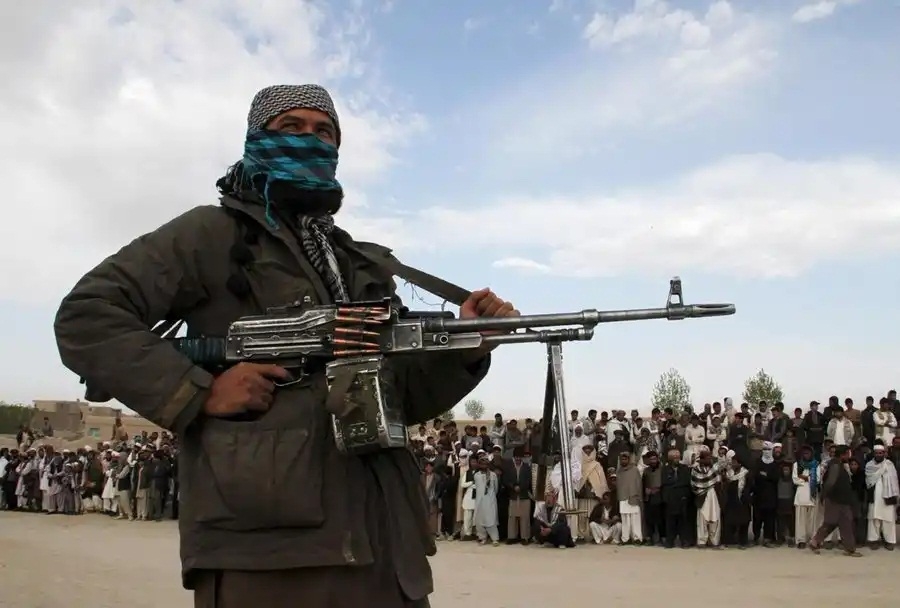
All bilateral efforts to maintain peace and tranquillity in the Afghanistan-Pakistan border areas have failed and there are greater chances of more violent clashes between the armed soldiers of the Taliban and Pakistan’s security forces. Interestingly, Islamabad is busy playing the ‘victim’ card here and has blamed the interim government of the Taliban for the present border tensions. Furthermore, due to its asymmetric military superiority over the Taliban, Pakistan is inflicting severe damage in the Afghan border region.
Growing incidents of border clashes can be seen as Pakistan’s tactical ploy to punish the Taliban for failing to successfully negotiate a peace deal with Tehrik-i-Taliban Pakistan (TTP) terror group. In addition, Pakistan is feeling frustrated with the ongoing instability in Afghanistan and may not want to be seen as an ‘ally’ of the Taliban government to avoid the burden of stabilising Afghanistan, when Islamabad is facing unprecedented economic and political crises itself.
The Chaman-Spin Boldak border crossing has become notoriously unstable after the Taliban took over Kabul in August last year. It is the main trading point for Afghanistan since most of the sea-route transit from Pakistan passes through this border crossing in Balochistan province. There have been several incidents of border clashes at the Chaman crossing between the Taliban border forces and Pakistan’s security agencies in the last year. The situation has become worse in recent months, after the TTP first showed reluctance and then called off the ceasefire with Pakistan on November 28.
In a border clash on November 13, one Pakistani border guard at the Chaman-Spin Boldak crossing was killed and two others were injured in the incident. Consequently, Pakistan had sealed the crossing for all trade and pedestrian movements for a week to protest the killing of a Pakistani security guard by what Islamabad said was an “Afghan terrorist.” It is noteworthy that Pakistan has on several occasions in the past unilaterally closed the Chaman-Spin Boldak border crossing even before the Taliban came to power in Afghanistan. As a landlocked country, Afghanistan is massively dependent on Pakistan for trade and transit, and importantly for the import of essential commodities like energy and food items.
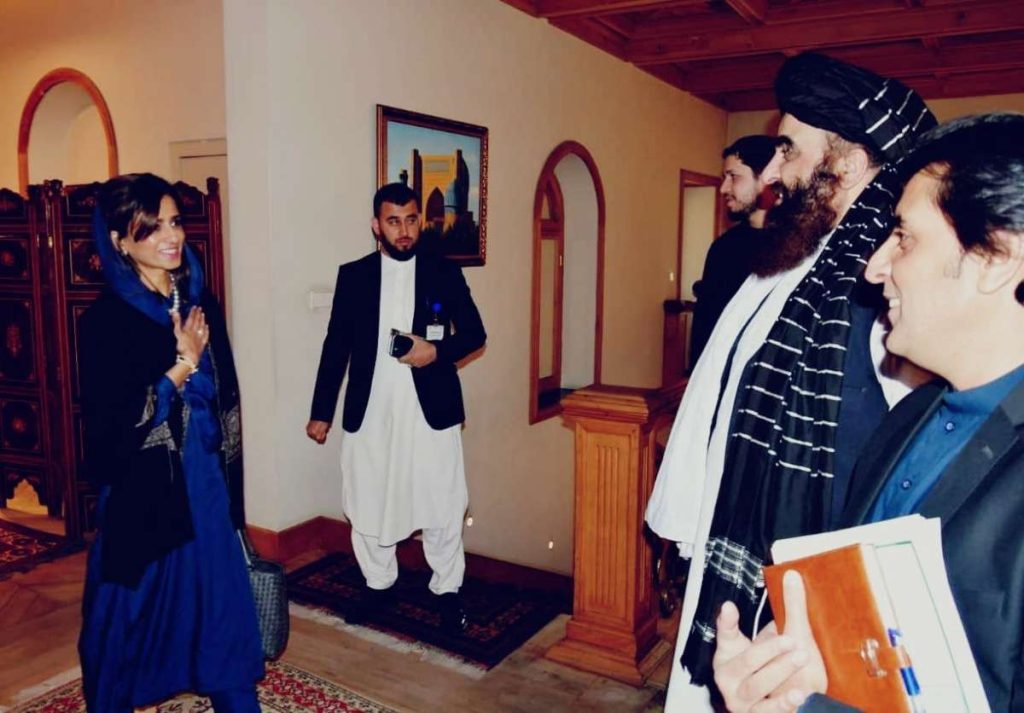
After the Taliban’s takeover of Kabul in August 2021, Pakistan believed that it could tinker with the existing status quo between Afghanistan and Pakistan on the border issue. Additionally, Pakistan wanted to formalise the Durand Line as the ‘official’ border between the two countries. However, that plan has not materialised in the last one and a half years rule of by the Taliban government. On the contrary, the Taliban fighters have regularly thwarted the Pakistani military’s unilateral attempts to build fences and other security infrastructures in the contested border areas. Since 2017, Pakistan has been building a massive fence along the Durand Line – something objected to by both the Taliban, who took power last year and the previous Afghan government.
On December 11, deadly border clashes between Pakistan and Afghanistan killed at least seven people and wounded more than 30 others. Following the incident, Prime Minister Shehbaz Sharif condemned the “unprovoked shelling and firing” by the Afghan border forces at the Chaman-Spin Boldak crossing and stressed the Afghan government should ensure that such incidents are not repeated. Whereas Pakistan’s Defence Minister Khawaja Asif said on December 12 that the interim government in Kabul had apologised to Pakistan for firing by Afghan Border Forces on the civilian population in Balochistan’s Chaman district, clarifying that the “matter is now resolved”.[8] What is noteworthy here is that Islamabad’s attempts to first play the ‘victim’ card and then act maturely to resolve differences with the Taliban have failed miserably.
Four days after the December 11 incident, there was another border clash between the Taliban fighters and the Pakistani military at the Chaman-Spin Boldak crossing. According to media reports, at least one person was killed and 16 others, including women and children, were injured in the incident on December 15. Pakistan blamed the Afghan Taliban for firing mortar shells at Killi Sheikh Alam and Changaiz check posts areas at the Chaman-Spin Boldak border crossing. Meanwhile, the spokesman for Afghanistan’s Ministry of Defence Inayatullah in a tweet blamed Pakistani forces for firing and clashes at Afghanistan’s Spin Boldak district; saying “IEA considers dialogue to be a reasonable way for any problem while negative measures not in the interest of either side.”
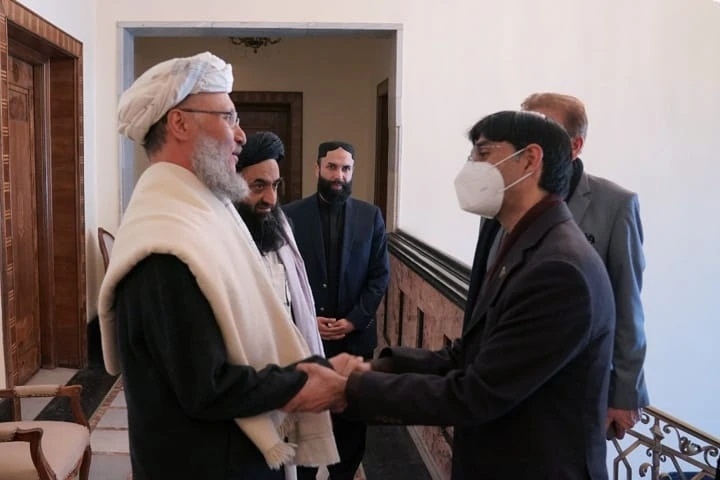
The frequency of border clashes between Pakistan and Afghanistan has increased significantly in the last year. The border tension continues to simmer and there are no confidence-building measures in place between the two countries to improve the situation. As a retaliatory measure, Pakistan may consider closing the Chaman crossing for a longer duration, to pressure the Taliban government. Kabul may bog down by Islamabad’s pressure, but differences will remain until the Durand Line issue gets resolved in the coming months, which seems unlikely.


